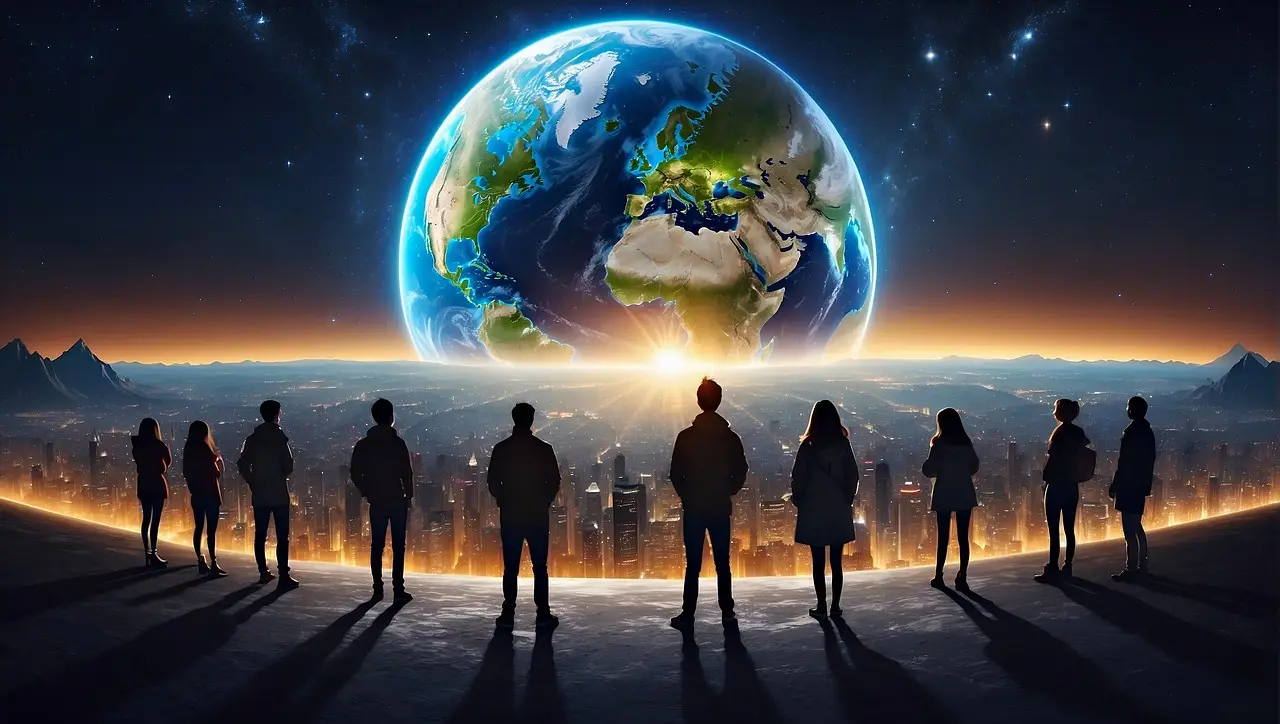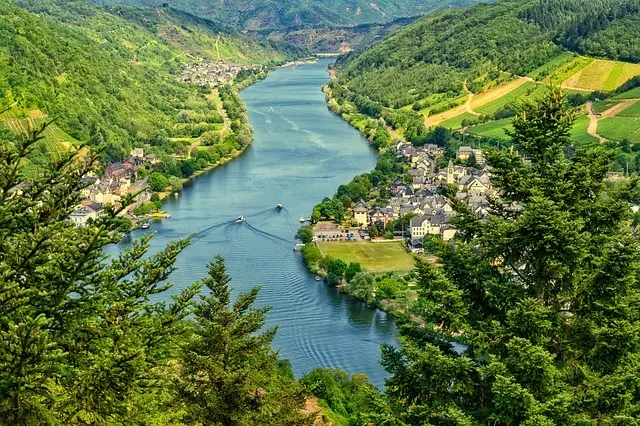Introduction
Climate change is no longer a distant threat; it’s happening now. Rising temperatures, extreme weather, melting glaciers, and shifting ecosystems are undeniable signs of a planet in distress. Driven primarily by human activity, climate change poses an existential challenge that demands urgent global action. This article explores the causes, impacts, and solutions to the most pressing issue of the 21st century.
What Is Climate Change?
Climate change refers to long-term shifts in global temperatures and weather patterns. While natural factors like volcanic eruptions and solar variations have influenced Earth’s climate in the past, the current crisis is overwhelmingly driven by human actions, particularly the burning of fossil fuels.
Key Causes of Climate Change
- Greenhouse Gas Emissions – Carbon dioxide (CO₂), methane (CH₄), and nitrous oxide (N₂O) trap heat in the atmosphere. The main sources:
- Burning coal, oil, and gas for energy.
- Deforestation (trees absorb CO₂; cutting them down worsens the problem).
- Industrial agriculture (livestock produce methane).
- Industrialization & Urbanization – Factories, transportation, and mass production increase emissions.
- Waste & Pollution – Landfills release methane; plastic production contributes to CO₂ emissions.
The Impacts of Climate Change
The effects are already being felt worldwide, and they’re accelerating:
1. Extreme Weather Events
- More frequent and intense hurricanes, wildfires, droughts, and floods.
- 2023 was the hottest year on record, with deadly heatwaves across Europe, Asia, and North America.
2. Rising Sea Levels
- Melting polar ice caps and glaciers are causing oceans to rise.
- Coastal cities like Miami, Venice, and Jakarta face flooding risks.
3. Ecosystem Collapse
- Coral reefs are dying from ocean acidification and warming.
- Species extinction rates are 100–1,000 times higher than natural levels.
4. Human Health & Migration
- Heat-related deaths and disease spread (e.g., malaria, dengue) are increasing.
- Climate refugees—people displaced by droughts, storms, and rising seas—could reach 1 billion by 2050.
Can We Still Stop Climate Change?
While some damage is irreversible, scientists agree that immediate action can prevent the worst outcomes. Key solutions include:
1. Transition to Renewable Energy
- Replace coal and gas with solar, wind, and hydropower.
- Countries like Iceland and Norway already run on nearly 100% renewables.
2. Carbon Pricing & Policy Changes
- Governments must tax carbon emissions and subsidize green energy.
- The Paris Agreement (2015) aims to limit global warming to 1.5°C, but progress is slow.
3. Sustainable Agriculture & Reforestation
- Plant-based diets reduce methane emissions.
- Restoring forests (like the Amazon) absorbs CO₂.
4. Technological Innovations
- Carbon capture (trapping CO₂ from the air).
- Electric vehicles (EVs) and energy-efficient buildings.
What Can You Do?
Individual actions matter:
- Reduce energy use (switch to LED bulbs, unplug devices).
- Eat less meat (especially beef and lamb).
- Use public transport, bike, or drive an EV.
- Vote for leaders who prioritize climate action.
Conclusion: A Race Against Time
Climate change is the greatest challenge humanity faces. Without drastic action, we risk catastrophic food shortages, mass extinctions, and uninhabitable regions. But with global cooperation, innovation, and policy changes, a sustainable future is still possible.
Will we act in time? The choice is ours.




One thought on “Climate Change: The Defining Crisis of Our Time”